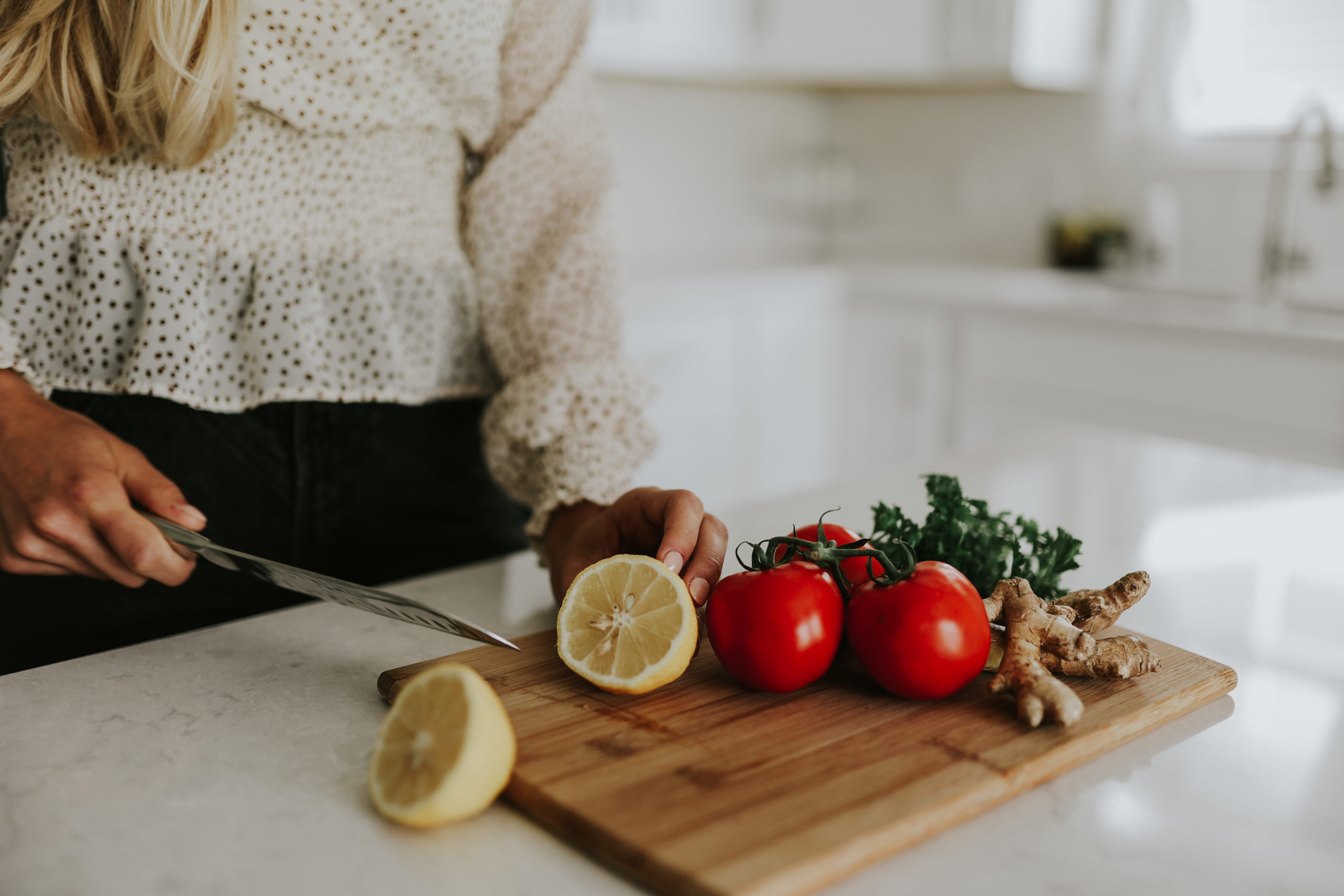Gut health is such a broad, yet extremely interesting topic, and one I’m frequently asked about by clients. There’s constant emerging research and health professionals are continuing to learn how important gut health truly is.
So let’s break it down.
A BIT OF BACKGROUND
The gut microbiota plays an important role in metabolism, endocrine, neural, and immune function. From birth to age 3, the core of our microbiota is assembled based on our exposures, experiences, and genetic make-up. Depending on our lifestyle (diet, exercise routine, stress levels, and other habits) we continue to impact our microbiota diversity and overall gut health, which in turn, impacts both our physical and mental health.
WHY IS GUT HEALTH IMPORTANT FOR ATHLETES + ACTIVE INDIVIDUALS?
Although regular physical activity contributes to “microbiota richness,” athletes and active individuals must pay closer attention to their gut health. An estimated 20-60% of athletes suffer from the stress caused by intense exercise and improper recovery. This can negatively impact hormone balance, the body’s inflammatory response, and effect mood. As an athlete or active individual, fueling your body for success also means taking gut health into consideration. Incorporating fiber, plant-based foods, pre and probiotics, and anti-inflammatory foods can help improve gut health.
GUT-BRAIN AXIS
Communication between your gut and brain occur through what’s called the gut-brain axis. Did you know 95% of our serotonin, a neurotransmitter often referred to as a “stabilizer” and plays a large role in maintaining homeostasis, is produced in the gut? This is one of my favorite nutrition fun-facts!
The foods we eat can help influence our brain’s regulatory components and impact inflammatory cytokines, which are signaling molecules that elicit inflammation within the body. Additionally, there is a correlation between exercise-induced physical and emotional stress and production of changes in gastrointestinal microbiota composition.
VARIETY MATTERS
A recent study revealed that consuming more than 30 different plant foods each week is correlated to higher microbiota diversity. Increasing the amount of fiber you consume through fruits, vegetables, whole grains, lentils and legumes, and nuts & seeds can:
- help achieve microbial richness.
- inhibit bacteria from producing harmful metabolites.
Decreased fiber consumption is associated with decreased diversity.
***Fat and fiber consumption are NOT recommended prior to training to prevent any GI distress / discomfort***
PRE AND PROBIOTICS
Prebiotics are indigestible carbohydrates (aka fiber) that feed the beneficial bacteria in our gut. Think of prebiotics as “promoters.” Promoters of good bacteria, or what allows probiotics to flourish. Sources of Prebiotics Include: bananas, onions, whole grains, asparagus, jicama, legumes, peas and soybeans, garlic, oats.
Probiotics are living organisms collected from strains of bacteria or yeast and are commonly referred to as the “good bacteria” in our gut. They can be found in various foods and drinks, naturally in our GI tract, or as a supplement. Probiotics are fed, or promoted, by prebiotics. Sources of Probiotics Include: yogurt, sauerkraut, miso, kombucha, kefir, tempeh, other pickled and fermented foods.
Now that we know what pre and probiotics are and what they help us accomplish, how should we best incorporate them into our diet? By pairing them! Probiotics and prebiotics work together as a “team” – including food sources rich in both will lead to the most benefit. Try pairing pre and probiotic foods together, such as adding sliced banana or granola to your yogurt, serving asparagus with your tempeh, adding onions to your miso soup, or even making a grilled cheese using whole-grain bread and aged cheese. A great example of this includes Team 8’s Apple Cinnamon Overnight Oats recipe.
ANTI-INFLAMMATORY FOODS
Evidence is beginning to indicate the effectiveness in incorporating anti-inflammatory foods in order to optimize gut health and boost mood by improving neurotransmitter reception and reducing inflammation.
Anti-Inflammatory Foods Include:
- Fruits & Vegetables
- Herbs & Spices (turmeric, black pepper, cinnamon, chili pepper, bay leaf, parsley, rosemary, etc.)
- Omega-3 Fatty Acids (nuts & seeds, fatty fish, oils)
- Whole-Grains
Click here to check out Team 8 Nutrition’s Instagram post all about Gut Health!
Additional References: Mohr, A. E., et al. (2020). The athletic gut microbiota. Journal of the International Society of Sports Nutrition, 17(1). https://doi.org/10.1186/s12970-020-00353-w
